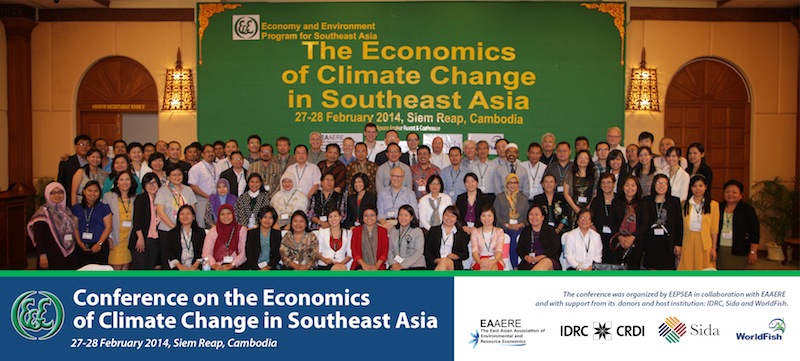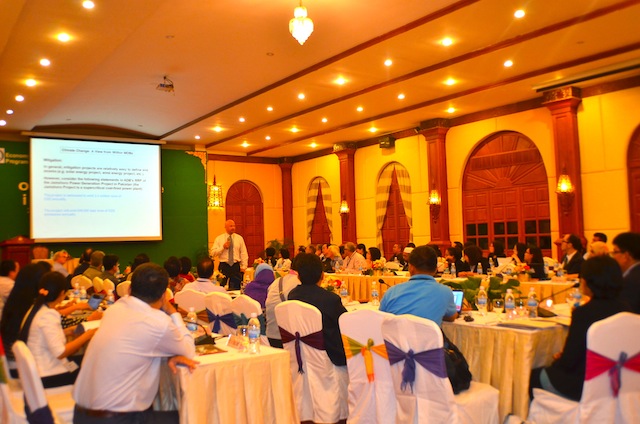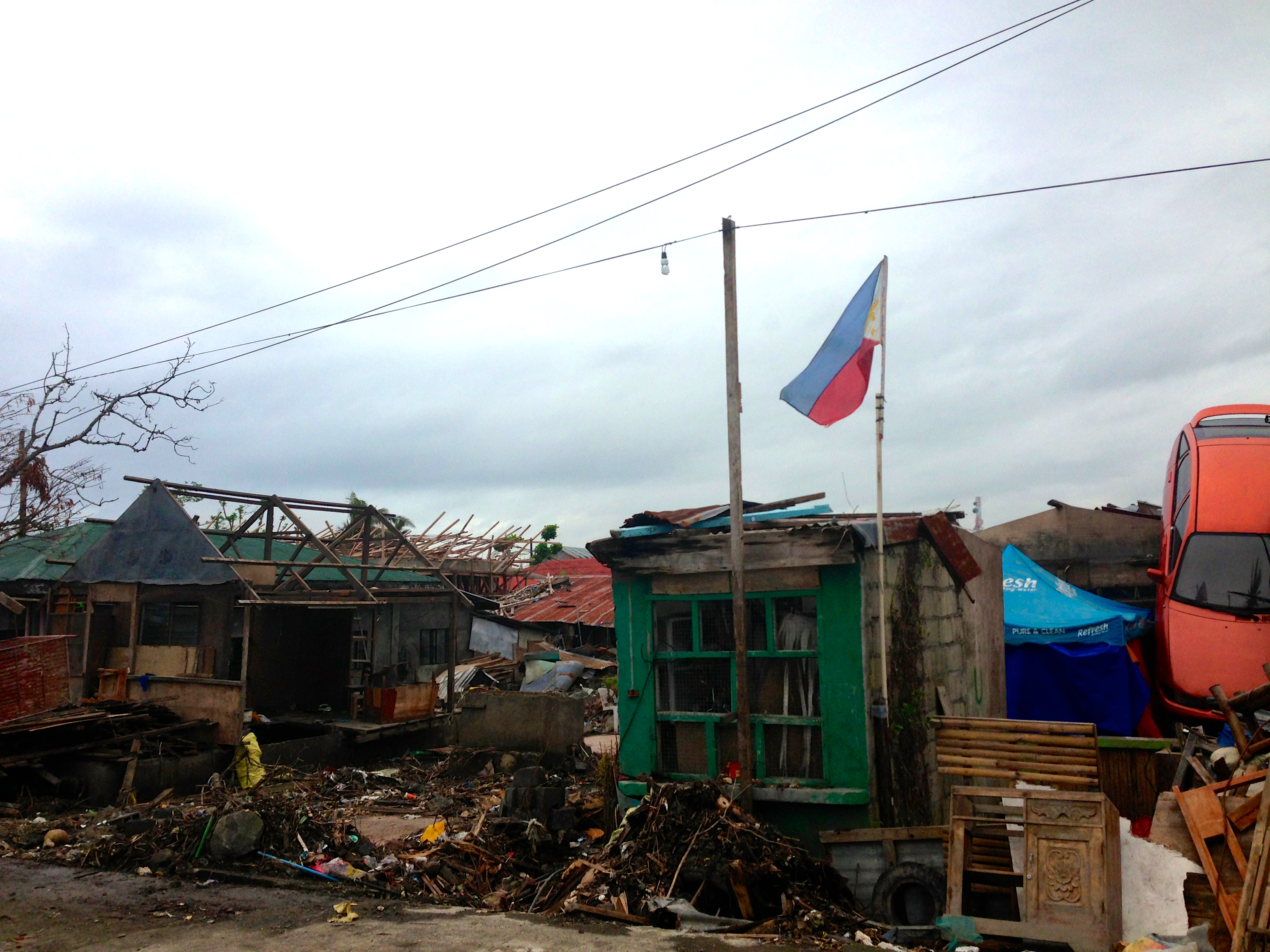The impact of climate change is perceived to be relatively higher in Southeast Asia coupled with worsening food security, erratic extreme weather events and unstable economic situation, according to economics experts from the Economy Environment Program for Southeast Asia (EEPSEA).
By Imelda V. Abano
For the past seven years, around 87 EEPSEA-funded studies, including 58 on-going research for 2004, were focused on climate change mitigation and adaptation.
Most of the studies are on climate change impacts and adaptation gap analysis; climate change impacts and economics of adaptation in coastal areas; flooding; mitigation; downscaling vulnerability mapping and adaptation planning; intra-household impacts of climate change hazards in coastal countries; and economic analysis of adaptation projects.
Most of the on-going studies and that were already conducted are in Vietnam, Philippines, Indonesia, Thailand, Malaysia, Cambodia, including China.
Current research on climate adaptation presented at the EEPSEA conference focuses on agriculture, fisheries/forestry, coastal, global/ development, community vulnerability, health and tourism.
“ We see to it that we create a platform to understand what is taking place in the research arena in tackling climate change, the wealth of knowledge shared, and the engagement of experts involved in the field,” said Herminia Francisco, EEPSEA Program Director.
Last month, a Conference on the Economics of Climate Change for Southeast Asia was held in Siem Reap, Cambodia where researchers in the region gathered to share their research findings, insights and ideas to the improvement of current policies that govern and direct country efforts in adapting to and mitigating the impacts of climate change to the economy.
“ We need science-based, in-depth analysis and the economic analysis of climate impacts. Southeast Asia has the biggest population under threat by the effects of climate change such as extreme weather events ,flooding, droughts and we do not know much on how we are affected by climate change, particularly addressing it for long-term,” Francisco said. “ I think it is time to highlight climate change adaptation and we need to invest more on this area.”
Economist Benoit Laplante agreed with Francisco, saying that climate change adaptation is important in Southeast Asia, as identified in many studies, and that the region is most exposed to and vulnerable to the impacts of climate change.
“ We need to pay attention to the things that we do today. Dealing with climate change will be costly, but it will be very costly if we will not be very careful in investment decisions and planning process. It requires collaboration among policymakers, scientists, researchers and economists,” Benoit stressed.
Economist Michael Hanemann said in acting on climate change and sustainability, countries need to deal with it “seriously”.
“ Sometimes there is too much focus on capacity to adapt, but there is no attention on willingness to adapt. In addressing the issue at hand, you have to have the willingness to do that and it requires imagination, foresight and the intelligence,” Hanemann said.



